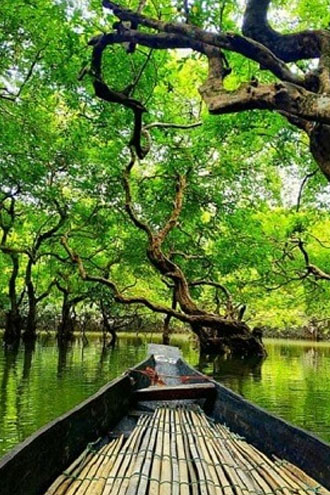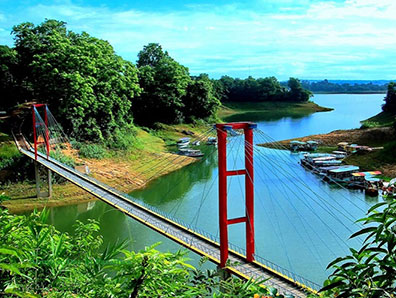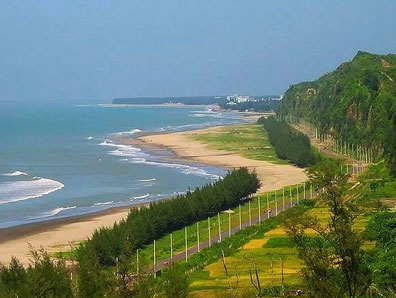Bouvet Island is a uninhabitable volcanic island located in the South Atlantic Ocean, it is a dependency of Norway and it is the most remote island in the world. It is located about 1,700 miles (2,700 km) south-southwest of South Africa and about 1,500 miles (2,400 km) north of Antarctica. The island is uninhabited and has no permanent residents.
The island was discovered by the French explorer Jean-Baptiste Charles Bouvet de Lozier in 1739 and was later claimed by Norway in 1927. The island is a nature reserve and a protected area and is home to a wide variety of seabirds and seals.
Bouvet Island is known for its rugged and inhospitable terrain and a harsh climate, with heavy winds and high levels of precipitation. It is also known for its active volcano and the presence of a lake in the crater. The island is mostly covered in glaciers and snow, making it a difficult place to access and explore.
Bouvet Island is a popular destination for scientific research, particularly in the areas of geology, climatology, and oceanography. The Norwegian Polar Institute manages the island and conducts research on the island's flora and fauna, as well as monitoring weather and environmental conditions.
Bouvet Island is also a popular destination for adventurous travelers and expedition cruises, it is one of the most remote places on Earth and it is the ideal destination for those looking for an extreme adventure


